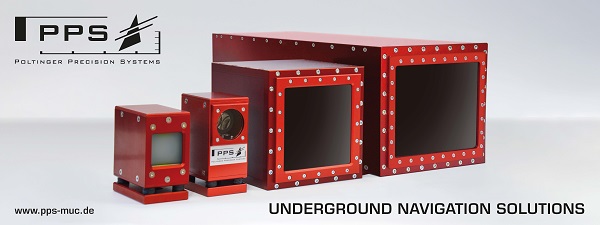Washington Supreme Court rules Insurance does not cover delays caused by the damaged Tunnel Boring Machine (Bertha)
The Washington State Supreme Court rules that the insurers do not have to pay for the the additional cost caused by the delays after the Tunnel Boring Machine broke down.
This is a big win for the group of insurers including big names like Zurich American and Allianz Global which were the insurers of the Highway 99 in Seattle. It is a big blow especially for the contractors Seattle Tunnel Partners (STP). Moreover, this might also have consequences for the Washington State Department of Transportation (WSDOT), as STP may try to recover so of the money from WSDOT.
The giant 17,5m diameter Bertha (produced by Japan's Hitachi Zosen) had hit a steel pipe in 2013. It was an 8-inch steel pipe that was previously used (and left there) to measure groundwater in 2002 around the Alaskan Way Viaduct. A 64-feet section of the pipe has mangled into the cutter head of the Bertha. Initial thought was that it had damaged a number of cutters (Bertha used mostly knives) on the cutter head. But a later assessment has revealed that revealed that portions of the main bearing seal system were damaged, which caused the bearing to overheat during operation.
It took 2 years to dig a recovery shaft from the surface in order to access and lift the machine's cutterhead for repair and partial replacement in 2015.
Insurers reject the 'steel pipe' theory as the main reason of the breakdown.
The Supreme Court of the State of Washington ruling concludes:
"
Any alleged loss of use of the tunneling works must be a result of or caused by some physical condition that impacted the tunneling works. Here, WSDOT alleges the physical condition is the physical blockage of the TBM within the tunnel and the loss of use is the inability to continue construction. However, the physical condition—the blockage—did not cause the loss of use—the inability to continue construction. As WSDOT explains, the TBM and tunneling works “inseparably functioned together to construct the tunnel.” WSDOT’s Suppl. Br. at 8. Therefore, the “tunneling works [was] unusable for [its] intended purpose of completing construction of the tunnel” because the TBM, which was necessary to continue construction, was inoperable and undergoing repairs. WSDOT ’s Suppl. Br. at 8. Accordingly, even if we interpreted “direct physical loss or damage” to include loss of use, no coverage under Section 1 is triggered because the alleged loss of use was not caused by a physical condition impacting the insured property.8
We affirm the Court of Appeals and remand to the trial court.
(8) WSDOT also alleges it incurred costs in connection with construction of the access
shaft to repair the TBM. WSDOT’s Suppl. Br. at 29. However, as the Court of Appeals noted,
WSDOT does not show how costs associated with construction of the access shaft to repair the
TBM are recoverable under Section 1. Instead, these costs are related to repairing the TBM,
which is insured under Section 2.
"
To reach the full text of the ruling (a PDF file):
https://www.courts.wa.gov/opinions/pdf/1001681%20Opinion.pdf
This is just a new twist in legal battle between the group of insurers, STP and WSDOT. Please also read The Washington Court of Appeals revives the insurance lawsuit over Tunnel Boring Machine (Bertha) damage.
Mike Lindblom from Seattle Times has a very good summary of the overall situation in addition to the latest development:
Insurers don’t have to pay for Highway 99 tunnel delays, WA Supreme Court rules
cover tunnel photo by: Matt Brown from London, England / CC BY
Copyright 2019-2024 TunnelContact.com









https://www.courts.wa.gov/
https://www.courts.wa.gov/opinions/pdf/1001681%20Opinion.pdf
https://www.seattletimes.com/seattle-news/transportation/insurers-dont-have-to-pay-for-highway-99-tunnel-delays-wa-supreme-court-rules/
Washington State Courts Washington Courts
www.courts.wa.gov